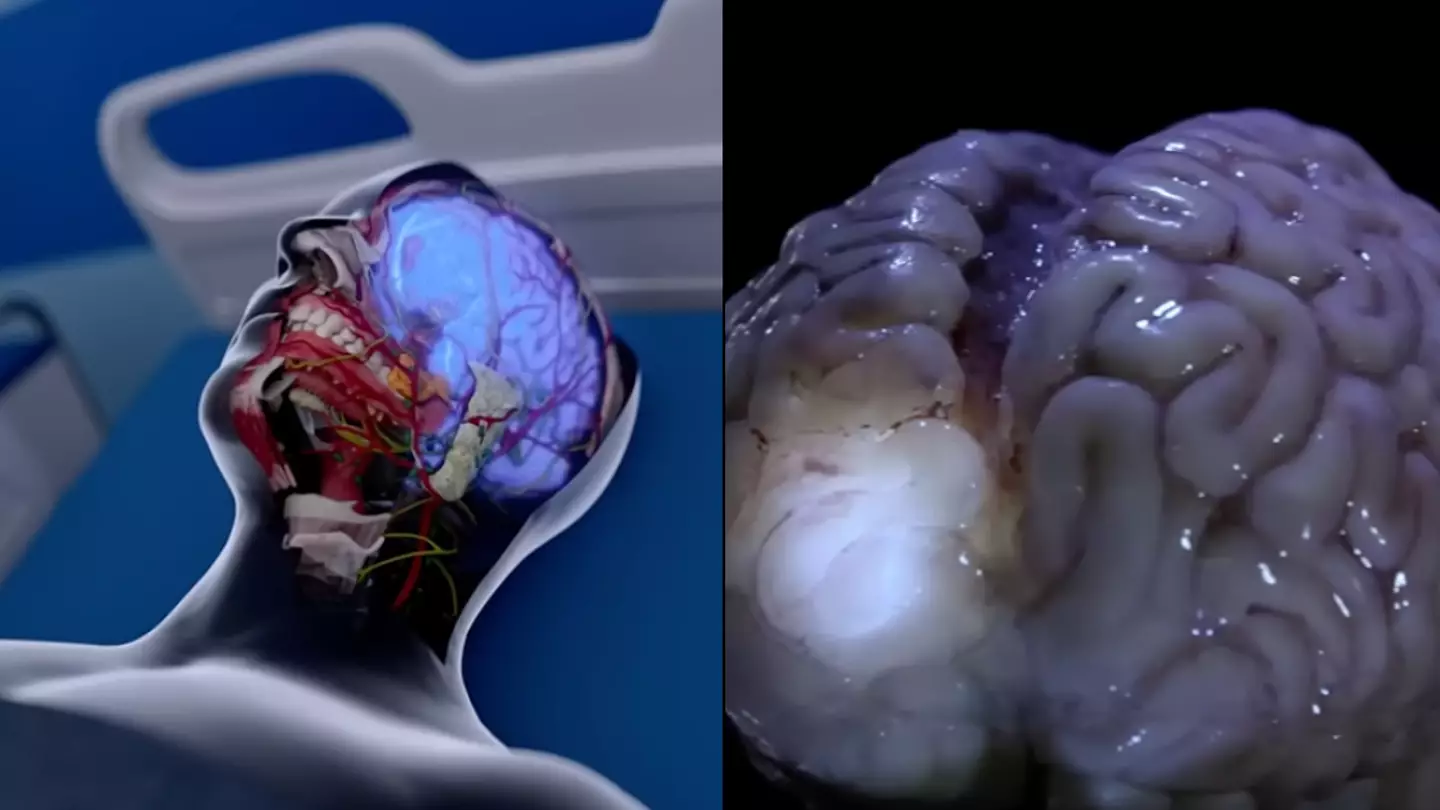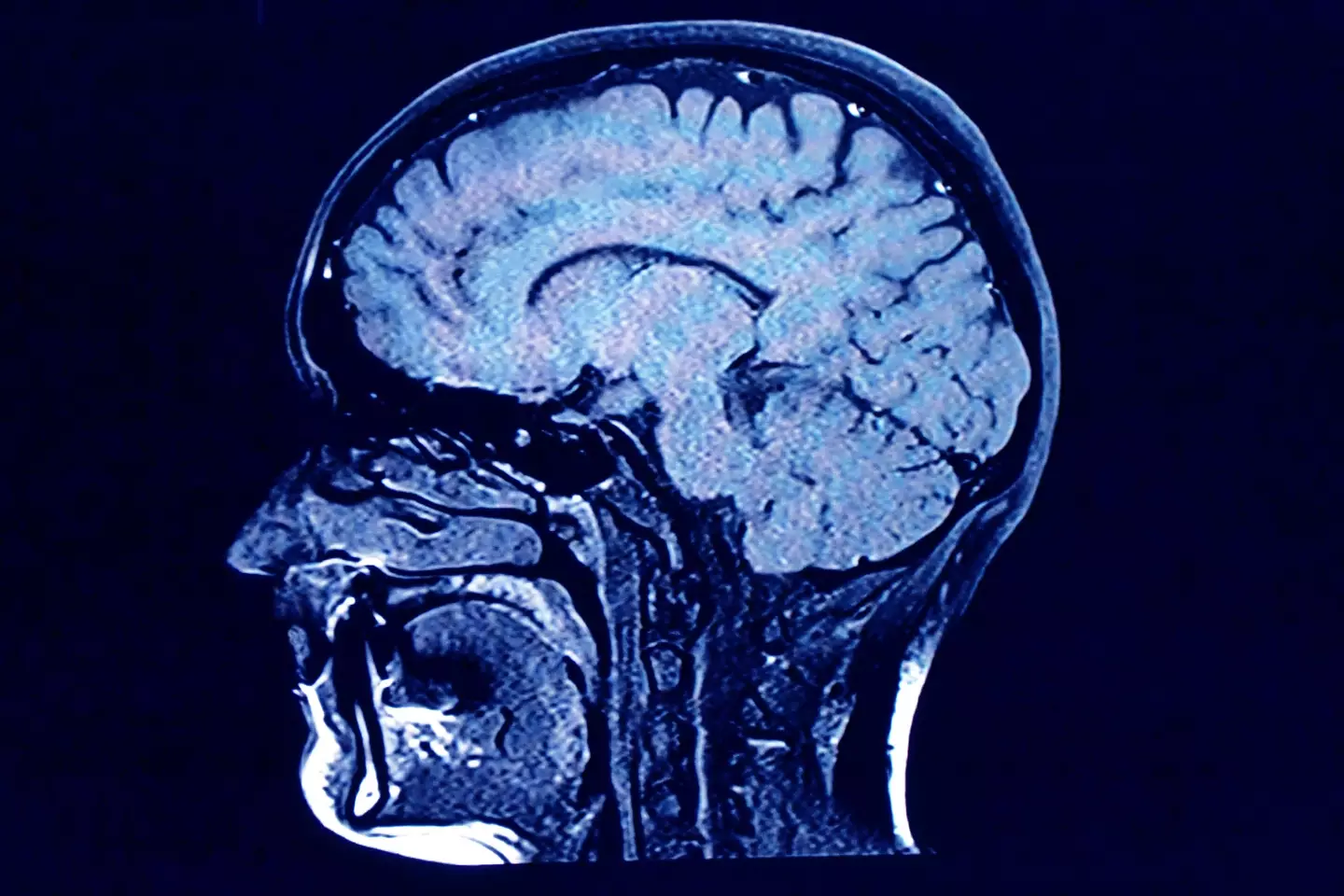
People have been left stunned after watching a jaw-dropping simulation of what happens to our brains within 10 minutes of dying.
While the idea of death can be frightening for some, others are simply fascinated by the scientific process.
Of course, death can be categorised by the body failing to survive, breath ceasing and vital organs being shut down for good.
But did you know some reputable studies claim brain activity can continue for up to several minutes after death?
Advert

Research undertaken by New York’s Stony Brook University of Medicine discovered that our brains come to a standstill so ‘slowly’ that it could take ‘hours’ for them to come to a complete standstill.
Elsewhere, Dr Sam Parnia - the director of critical care and resuscitation research at NYU Langone School of Medicine in New York City - and his team found that bursts of brain activity took place in four people after their hearts stopped.
Speaking about the study, published in the Proceedings of the National Academy of Sciences, Parnia told Live Science that even after our breathing and heartbeat stop, we remain conscious for around two to 20 seconds.
It’s understood that’s how long the cerebral cortex can survive without oxygen.
During this period, people are likely to ‘lose all your brain stem reflexes’, including the gag and pupil reflex.
Once the ‘thinking’ part of the brain flatlines after 20 seconds, no brainwaves will be visible on the electric monitor.
.jpg)
This will eventually result in the death of brain cells hours after the heart has stopped.
Parnia added that the study suggested they were ‘identifying a marker of lucid consciousness’.
If the idea of brain activity continuing after you’ve died is difficult to wrap your head around, then one content creator has made it easy to visualise the process.
The YouTube user, known as @hashemalghailiofficialchannel, has uploaded a viral video explaining how ‘your brain still works after death’.
“After you die your brain continues to work for more 10 minutes,” the video begins.
“Despite having a functionally dead heart, your brain will continue to work,” it continues, before claiming your noggin could be the last part of your body to die.
As previous studies suggest, the video says that in the moments before death, the brain will receive a surge of electricity.
This surge is thought to allow you to keep consciousness for up to 20 seconds.
“This is because the cerebral cortex can last without oxygen,” they continued. “This part of the brain is responsible for thinking and decision making.”
After watching the video, YouTube users have come out in their droves to have their say about the idea of consciousness after you die.
“This brings me joy, it means my dad heard me when I told him I loved him,” typed one user, as another said: “That’s probably the life flashing before your eyes thing.”
A third remarked: “New fear unlocked: Being fully conscious in a dead immovable body unable to do anything but to be stuck with your thoughts.”
“This is why having loved ones around is so important,” said someone else.
